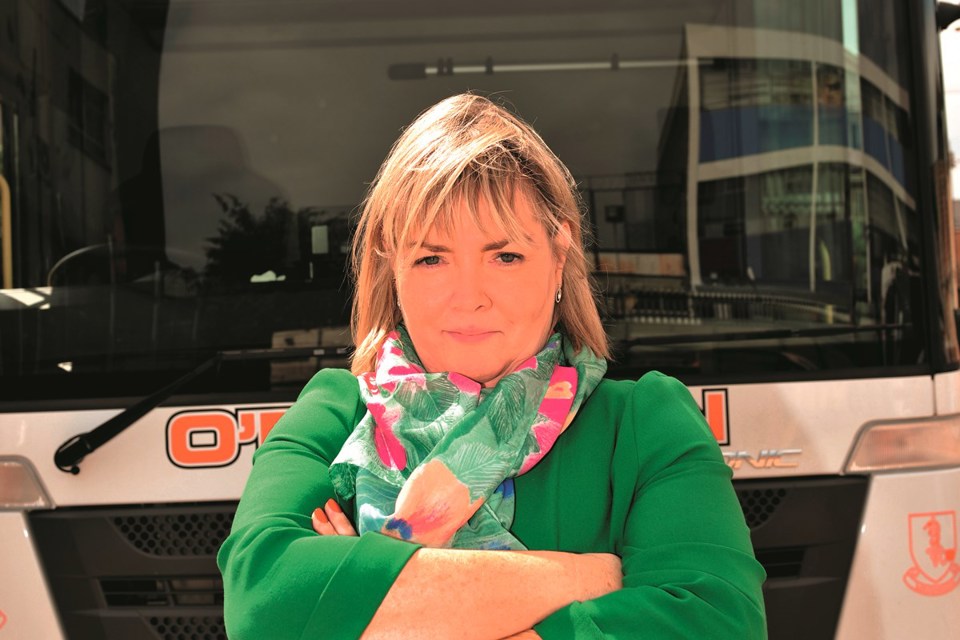The dual demands of safer and greener vehicles, will be in the spotlight as Jacqueline O'Donovan leads a plenary session at next week's Commercial Fleet Van and Truck event.
O’Donovan, managing director of the independent waste management company of the same name, takes to the stage in the plenary theatre on Tuesday 20 September as part of the two-day event.
Challenges for commercial fleets are most apparent in the capital where the Ultra Low Emission Zone is in force and cycle safety is high on the agenda. O’Donovan takes to the stage in the plenary theatre on Tuesday 20 September as part of the two-day event.
Talking about fuel efficient vehicles, O’Donovan commented: “Different manufacturers use and offer different technologies so it can be difficult for fleet operators to know exactly what is right for their business and fleet needs. Technology is a minefield, so unless fleet operators test it first, there’s no way of knowing if it’s suitable, whether it’s efficient enough for their objectives or whether it’s worth the investment.
“As a waste company, our green credentials are of paramount importance to us, so the move had to benefit the whole operation and overall impact on the environment. So we started with vehicles that actually switch off idling (like a stop-start feature in a car, for example) – all part of our Green Vision Strategy.”
Technology can also improve the lives of drivers and the safety of all road users, which O’Donovan prides itself on delivering. Latest initiatives include the new Mercedes-Benz Econic vehicles added to the fleet as part of the Construction Logistics and Cyclist Safety (CLOCS) programme. With its panoramic windscreen, fully glazed floor to ceiling ‘bus style’ nearside door and lowered driving position placing the driver at eye level with both cyclists and pedestrians, the vehicle improves visibility, particularly for the nearside blindspot, a vulnerable position for cyclists, which has been widely welcomed by O’Donovan’s drivers.
These ‘direct vision’ cabs are recommended by cycling campaigners and O’Donovan added: “It takes too long, 10 seconds or more, for a driver to scan all their mirrors and monitors – a lot can happen in that time on London’s busy roads. Whilst mirrors and cameras have helped drivers on a basic level in the past, they are now outdated and the industry is looking to move road safety up a notch through better design.
“Technology is only filling the gap at present - direct vision between drivers and other road users needs to be a minimum standard. Manufacturers, who have really stepped up to the mark in this respect, can then evolve further to provide even better fields of vision for divers and ultimately keep vulnerable road users safer.”
O’Donovan will also discuss the driver shortage and her belief that ‘pride and professionalism’ in the role is the key to attracting high calibre candidates to the industry. She has also highlighted issues surrounding the cost of training.
In addition, only 8% of the 400,000 people holding both an LGV licence and a driver CPC are female, providing the industry with a potential pool of workers. The shortfall of skilled drivers in the road haulage sector is estimated to be 45,000-60,000, according to a report from the government’s transport committee.
Commercial Fleet Van & Truck Show takes place from 20-21 September at Millbrook Proving Ground - fleets can register for a free ticket at http://vanandtruck.commercialfleet.org.

















Login to comment
Comments
No comments have been made yet.